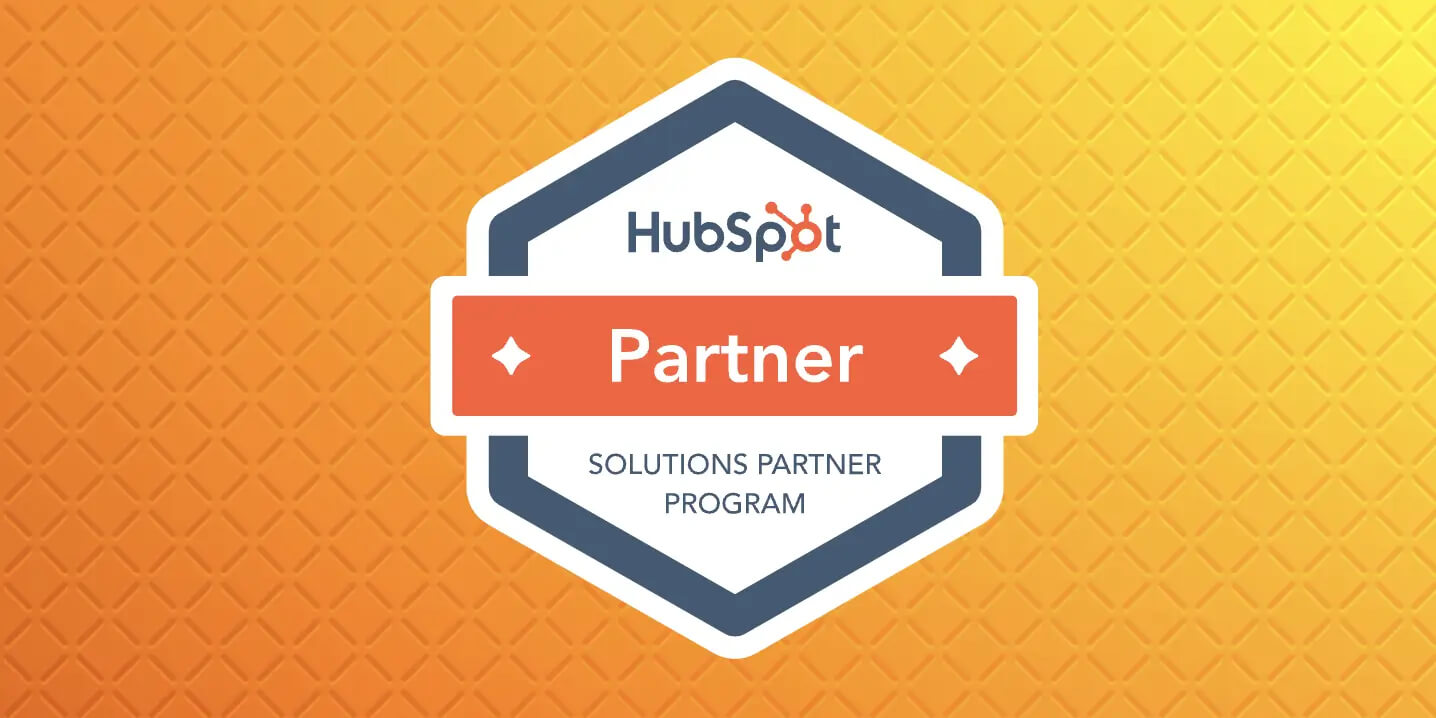
How To Know if You Need a HubSpot Partner To Help You With HubSpot
Having just returned from INBOUND 23, HubSpot’s annual lovefest, it was very clear to me that there are a lot of company leaders who don’t know when and if they need help with HubSpot.
It was also clear to me that HubSpot’s not great at helping their customers make these decisions. We heard time and time again how HubSpot reps waited until the customer mentioned needing help before bringing a partner into the conversation.
Let’s get everyone a complete picture of when, how and why you should consider working with a HubSpot partner when you make the commitment and investment to use HubSpot as your revenue generation and business growth platform.
The scenarios for when to bring in a HubSpot partner are pretty straightforward:
You and Your Team Are New to HubSpot
This is probably the most common scenario. If you haven’t used HubSpot before but are about to or recently purchased HubSpot (any of the products), having a partner work with you is going to be a fast-track to better results.
First, this is your only experience with HubSpot. Having a seasoned team of people to get you onboarded and trained and your HubSpot instance configured to your specific needs means thatyou’ll be up and running much faster than if you do it yourself.
Setting up templates for landing pages, website pages, emails, blog articles and even a few standard forms means your team can get going immediately.
Configuring you CRM to include your specific sales process, building out your pipeline and deal stages and arming reps with emails you want them to send during the sales process is something a partner can do quickly.
HubSpot offers a ton of resources, knowledge base articles, videos and their Academy. If you have the time to learn it all on your own, doing this on your own might work.
But if getting HubSpot up and running, having people using it, seeing immediate return and realizing increased lead gen is important, a partner can be a smart move.
If you are going to tackle this on your own, consider an audit to give you an outside perspective of what might need your attention. You can get a 13-point checkup audit from Square 2 for free and then work on the findings on your own or have us help. It’s up to you.
You Don’t Want To Be HubSpot Experts
Since we started supporting HubSpot, we’ve helped close to 400 companies with HubSpot. Many of the people at those companies expressly mentioned they’re not interested in being HubSpot experts. They want to be experts in their business, their campaigns, their sales efforts and their ability to help their customers.
They want to leave the HubSpot stuff to the pros. This is a great way to think about HubSpot. While many tools are easy to use in HubSpot, many more take a bit more expertise and skill.
It’s not too different from some of the other aspects of your business. You might not be a benefits expert, so you have someone (or a company) handle this for you. It’s a similar way to think about HubSpot.
By using a partner, we can quickly get into HubSpot to make any fixes, updates or adjustments you want to make. We can recommend new tools for you to consider and share best practices we’ve seen work well with other HubSpot clients. We can be there to support initiatives that are top priorities, like adding lead scoring, improving dashboards or cleaning up your data.
This approach is a highly efficient way to leverage expertise and get full value from HubSpot.
You Have Highly Technical Requirements
Some companies have complex and technical infrastructures that require detailed integrations, multi-stage migrations or highly customized configurations.
Companies also may have technical teams that support similar requirements from other technology providers already installed. Whether you have internal teams or not, having technical support from an experienced HubSpot partner means your HubSpot work is going to get done faster and more efficiently.
We’ve heard from several highly proficient technical teams that they have their own internal priorities. Using a partner to help with the HubSpot technical work allows them to continue focusing on the company’s other important priorities.
In those cases, we work closely with the internal technical teams to understand their requirements, scope the project and then deliver the work in a collaborative manner.
There are other scenarios where companies have complex technical requirements but lack the internal team to handle these requirements. Again, a proficient HubSpot partner can step in to be an extension of your company, and with a solid process diagnose the situation, recommend an approach, scope the project appropriately and then deliver so that everything is working perfectly when they’re finished.
You’re Having Internal Team Challenges or Changes
Sometimes even the best teams run into challenges. People leave, get promoted and change roles or are simply too overallocated to be effective. Regardless of your situation, internal team challenges could be an indicator that using a HubSpot partner to supplement your team’s skills, capabilities and even their bandwidth is a smart decision.
You might have certain milestones or goals that must be attained. A qualified and experienced HubSpot partner can quickly parachute in, assess the situation and get right into your portals to make the necessary changes, updates and improvements.
You Have a Larger Organization With More Sophisticated Marketing, Sales or Service Requirements
HubSpot started out as a small business marketing tool, but it’s now an enterprise platform to help companies across marketing, sales and customer service.
Today, many larger organizations are using HubSpot very successfully. Typically, these companies have more sophisticated requirements, they want to do more customization and they need more expertise from people who have “been there and done that.”
Many of HubSpot’s larger clients have leaned into the partner network to find agencies that can supplement their team’s skill sets with knowledge and background around the more advanced features and more sophisticated use cases found in larger companies.
Advanced lead scoring, complex email customization requirements, personalized URLs, multi-touch attribution modeling, omnichannel campaign execution and automated sales sequences with customized triggers all need advanced expertise to get them set up and running quickly.
These examples almost all need to be QA’d before launching, and you’ll want someone who has experience doing work like this for larger clients.
If any of these scenarios sounds like your company, then selecting the right HubSpot partner should be a little like finding a doctor. Make sure you feel comfortable with their experience. Make sure they work with other companies like yours. Make sure they ask you good questions and take the time to get to know you, your company, your HubSpot setup and your specific objectives around HubSpot.
Once you find someone who fits the bill, lean into their experience. Let them share their insights with you and help you get your HubSpot firing on all cylinders so that you realize the improved lead generation, increased sales opportunities and new revenue you expected when you first purchased HubSpot.

CEO and Chief Revenue Scientist
Mike Lieberman, CEO and Chief Revenue Scientist
Eliminate Hit-or-Miss Marketing Moves
Get advice, tips, tools and guidance to generate more leads for your company in this weekly email newsletter.



Eliminate Hit-or-Miss Marketing Moves
Get advice, tips, tools and guidance to generate more leads for your company in this weekly email newsletter.














